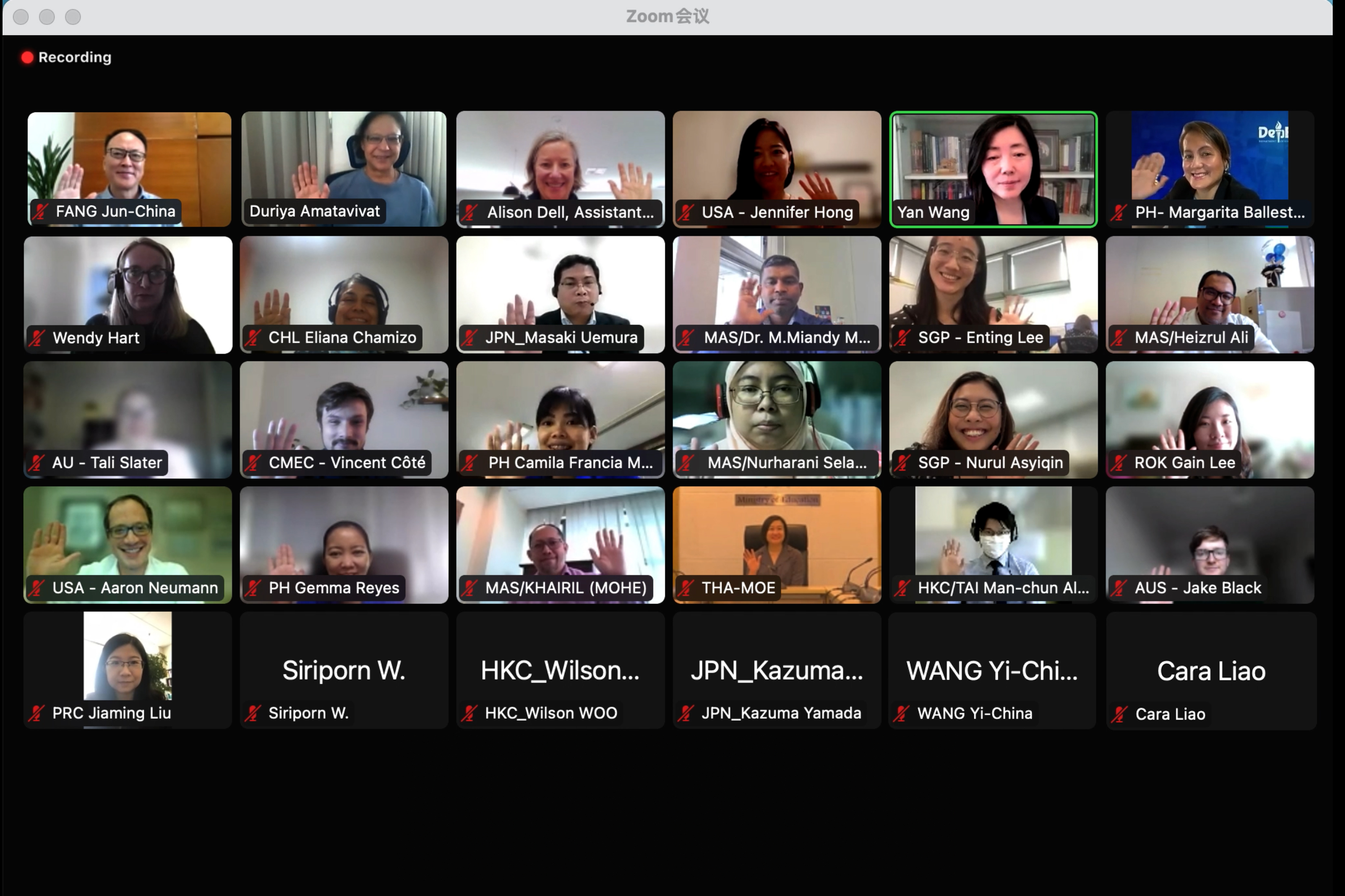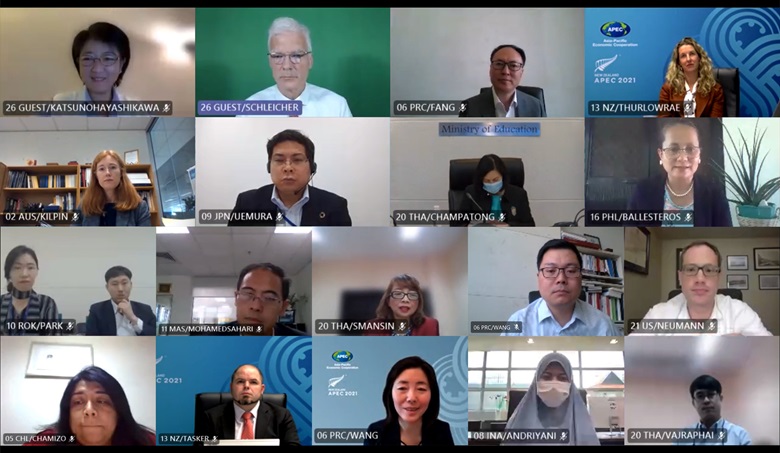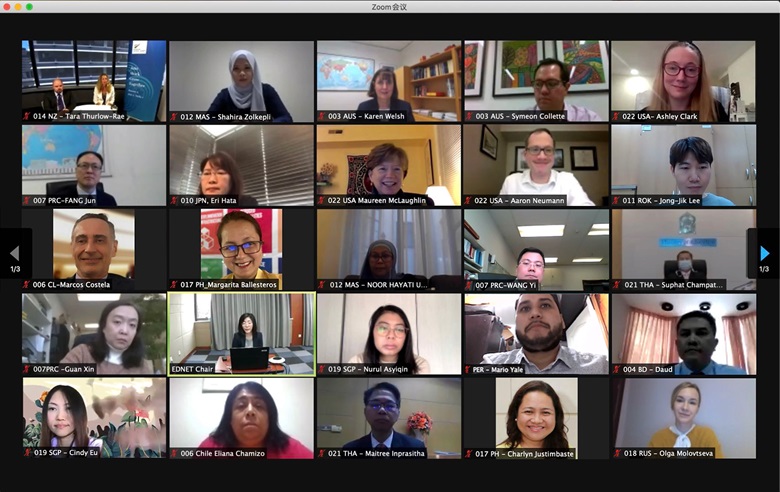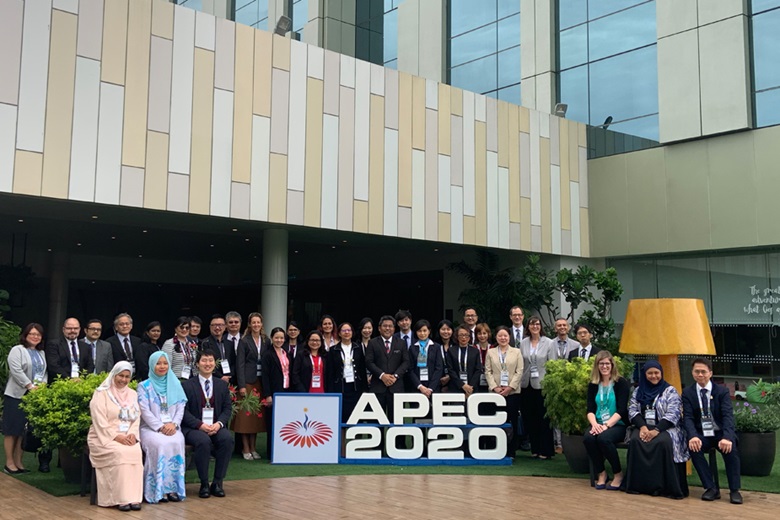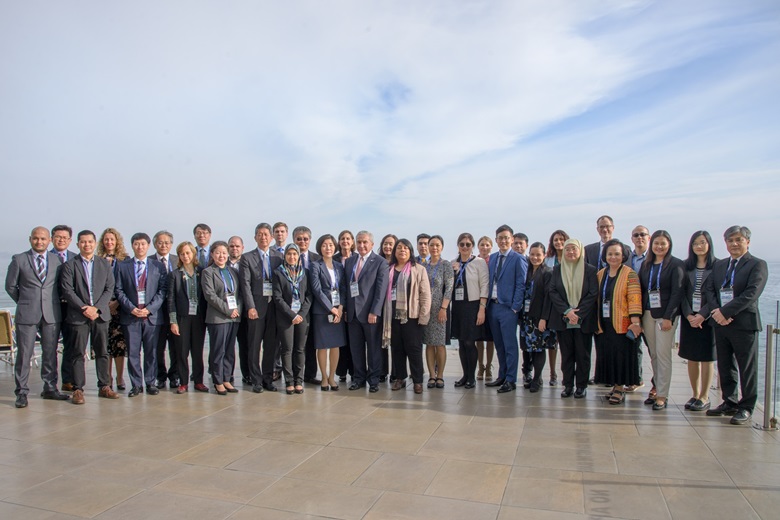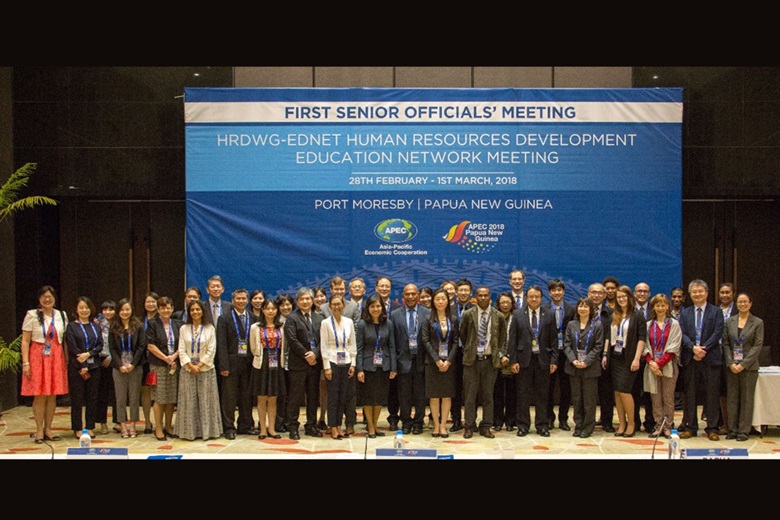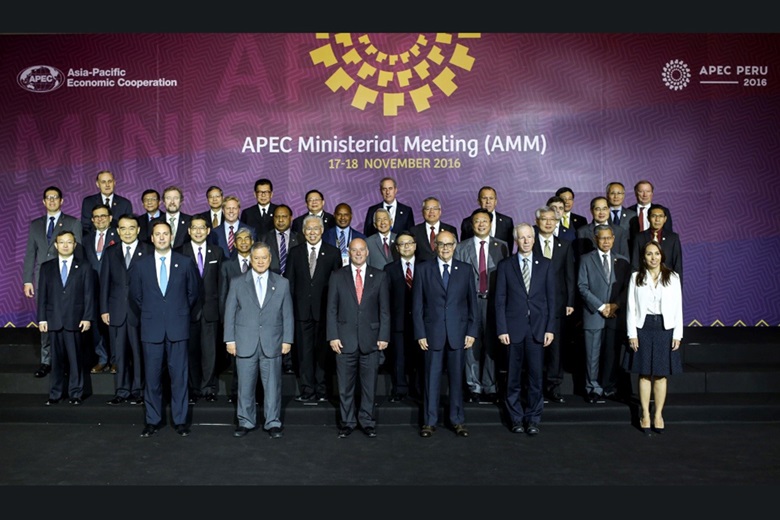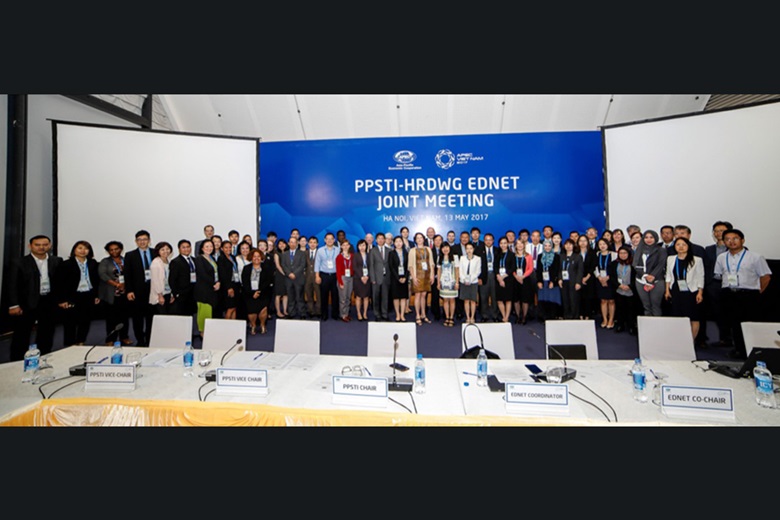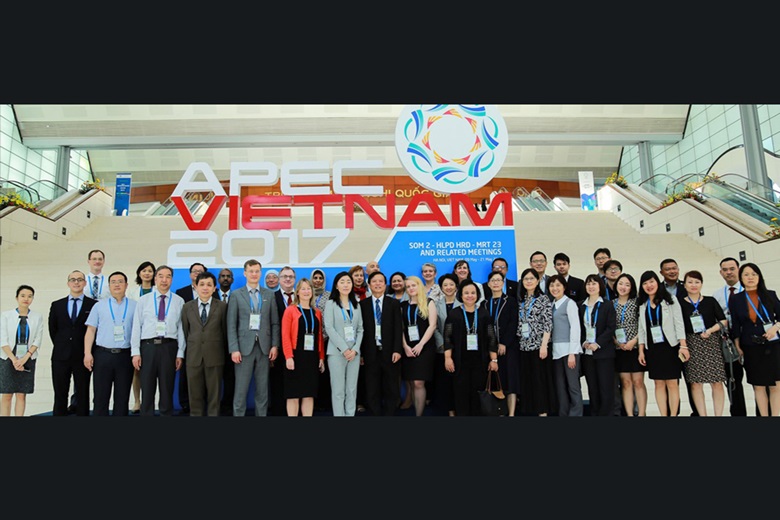
Da Nang, Viet Nam, 6-7 November 2017
The APEC Concluding Senior Officials Meeting was held in Da Nang, Viet Nam on November 6-7, 2017. Officials from APEC member economies deliberated and reviewed APEC’s achievements and results over the past year. The Action Plan of the APEC Education Strategy was endorsed at the meeting.
The Action Plan of the APEC Education Strategy is a follow-up to the APEC Education Strategy endorsed by the 6th AEMM and APEC Economic Leaders in 2016. It details a new collaborative and strategic approach to the development and implementation of education projects and initiatives based on the three pillars of the APEC Education Strategy: enhancing and aligning competencies to the needs of individuals, societies and economies; accelerating innovation; and increasing employability. The Action Plan opens up new landscapes for education collaboration by sharing knowledge and information on the basis of nine substantive targets as well as thirty measurable and achievable indicators. It aims to develop a strong evidence base to underpin education work and inform the development of policy.
Dr. Wang Yan, Coordinator of Education Network (EDNET) said, “The Action Plan has been developed by colleagues from 21 economies over the past eight months and has also gone through 10 rounds of online consultations that involved 21 economies and received 1,812 comments and inputs from 16 economies. Behind such hard work, it is our belief that by collaborating through the Action Plan, we can achieve our goal of common well-being and prosperity.”
“I believe it can make a real difference if education is highlighted in all the major APEC official documents, once and many times. That reflects true civilization; people matter, and the way they acquire the ability to live better lives matters to everybody and to our leaders.” Dr. Wang added.
At the APEC Ministerial Meeting held in Da Nang on November 10, 2017, the ministers also highlighted and welcomed the development of the Action Plan. The 2017 APEC Ministerial Meeting Joint Ministerial Statement noted, “We acknowledge the progress made in implementing the APEC Education Strategy 2016-2030, and welcome its Action Plan to guide our work to promote competencies, innovation and employability in the APEC region.”
The Action Plan contains five parts: Preamble, Vision and Approaches; Targets and Indicators; Tools and Instruments; Monitoring and Reporting Mechanism; and an Annex of the Glossary. As a living document, it is supposed to be amended and refined in line with the changing educational, social and economic contexts of member economies. Also, economies can decide how to best utilize the Action Plan based on their own domestic circumstances.



